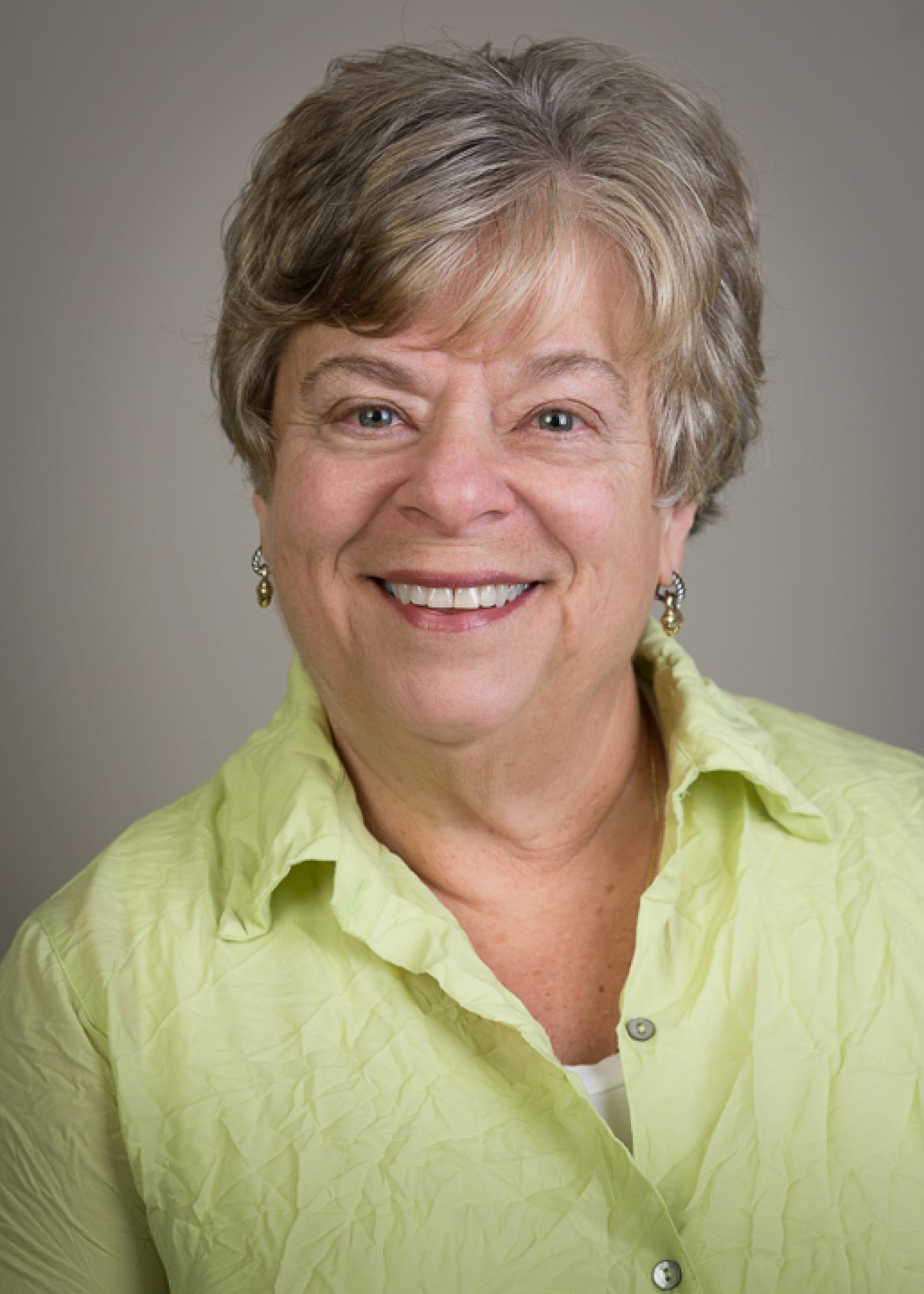That was in 1906, I think. Um, so there was hardly a community here. There was just under 20 people at that time. Um, but she was very involved in and she spoke 5 or 6 languages. So she was very involved in resettling people when they came. So she was very much a part of the community as it grew, and the Sephardic culture was a big part of my growing up. Ladino was spoken in the home, especially the generation of my aunts and uncles and my grandparents, obviously. And they would go to that language when they didn't want the children to understand. So it became very important to understand what was being said. Um, and then as we grew up, you know, a lot of the words and things we held on to, we used them in jest. We used them for foods. We use them, um, throughout our lives, but not in coherent sentences. It could be a full English sentence with a Ladino word. Um, and I think all that background pushed me to a Spanish major in college. Uh, it was a culture language type of major. Um, and then, uh, I spent some time in Spain going to school there as well. I mastered, uh, modern Spanish, um, and saw all the ties that there were two, the Ladino, which was an older Spanish, um, and then as things progressed, came home, got married, had children. Um, the Sephardic life was very much a part of our, um, home as well. I also am married to a Sephardic. So that was a bit unusual. Um, but then as things progressed, there was a growing interest in the Sephardic culture as a whole. Um, all all parts of it. Um, and then about, I don't know, 5 or 6 years ago, there seemed to be this upswing of interest. And then about 5 or 6 years ago, a group was formed, um, and we ended up going to Spain, sort of as a roots trip and saw a lot of our culture there and came back and we started the Sephardic Network, which is a group that is fairly new but has actually gotten fairly popular. Um, and our mission was to include all Sephardic, all Jews, but all Sephardic, and to, um, incorporate things that they might enjoy, things that are cultural, music, food, things that are of interest and be open to the community and sort of be a point at the community that isn't one synagogue or another synagogue or part of another, but a place where everyone could come and enjoy and celebrate. Actually, the culture, what's going on worldwide seems to be this renaissance that's happening. Spain and Portugal were offering citizenship. Um, that was very important to me, not only because of my tie to Spain, which I felt a very strong affinity from the beginning, from when I first went there at age 19. Um, and so I moved forward to apply for my citizenship, uh, to Spain. And actually, I've received it. Um, it was a process, but one that I felt felt very fulfilled by and in the process, because I was one of the first to go through the process, I've helped countless others that are beginning to do that. We have, um, an organization at the University of Washington. Uh, that actually gives the exams. You do have to take two exams for the citizenship. And there are only four places in the US that give those exams, which is the Cervantes Institute. One of them happens to be in Seattle. So we do filter a lot of people through. And I think that a lot of people that have come to me have come both through the Sephardic community's interest and also through the Cervantes Institute being here. Um.
